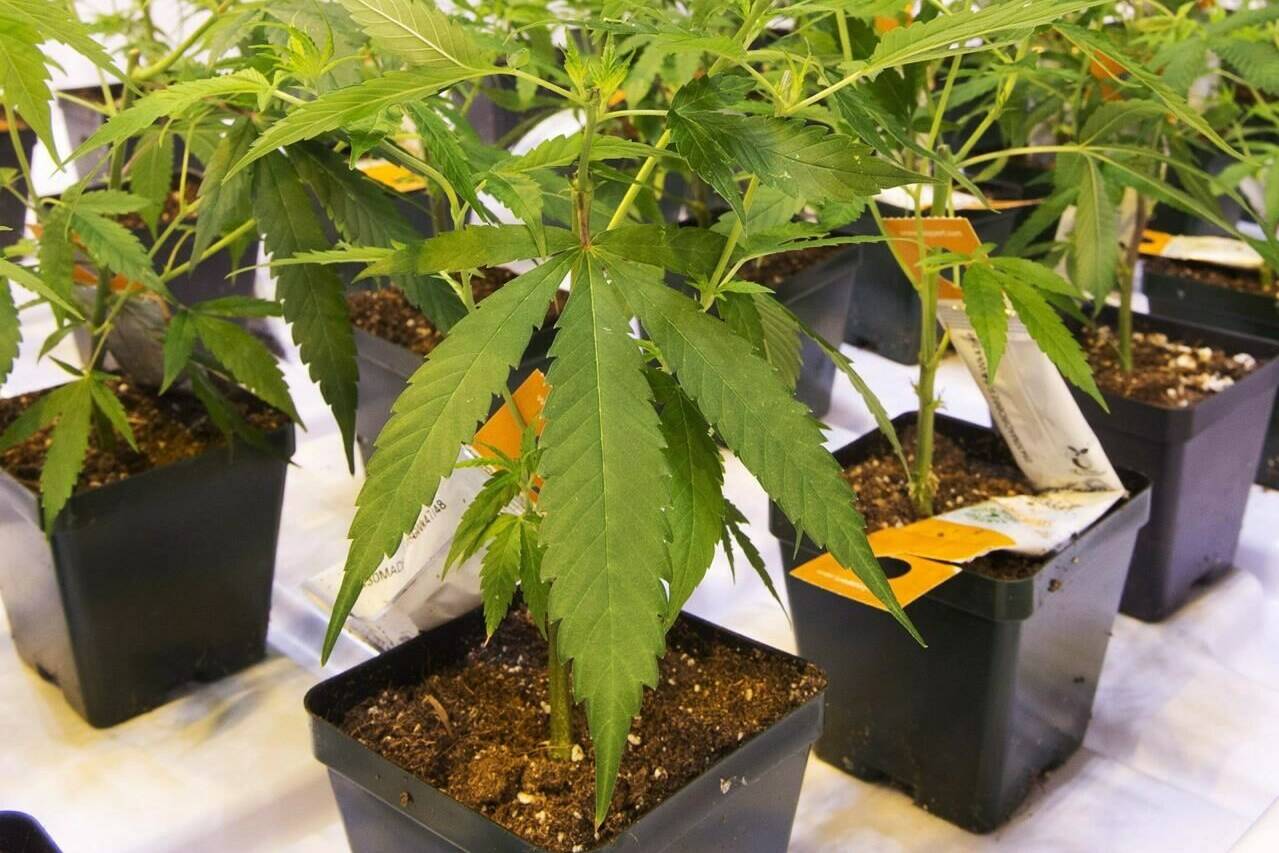By Tara Deschamps, The Canadian Press
Aurora Cannabis Inc. reported several impairment charges and a more than $1-billion net loss in its most recent quarter Thursday as it revealed plans to close several facilities and cope with pricing pressures that ate into revenues already hampered by the COVID-19 pandemic.
The third-quarter loss the Edmonton-based cannabis business reported was up from a more than $160 million loss in the same quarter last year and was coupled with $741.7 million in goodwill impairment charges and $176.1 million in impairment related to property, plants and equipment.
Many of those charges are linked to facilities Aurora said it will cull from its portfolio this year and next in an effort to create “a leaner, more agile organization.”
The company said Thursday it had deemed its Aurora Sky facility in Edmonton, where 13 per cent of its global workforce is employed, and its Aurora Anandia and Whistler Alpha Lake sites “redundant.” Aurora Anandia and Whistler Alpha Lake are expected to close by the fourth quarter of the year and Aurora Sky will close by the third quarter of 2023.
The three facilities employ 16 per cent of the company’s workforce, said Aurora spokesperson Kate Hillyar in an email to The Canadian Press. She declined to share the total workforce size.
The company’s latest quarter was also weighed down by excess inventory, older products and fierce competition, said Miguel Martin, Aurora’s chief executive, on a call with analysts.
“These dynamics are unsustainable, but we have the scale and resources to navigate through,” he said.
“In the meantime, our focus remains on maximizing profitability by leveraging low-cost production and further rationalizing facilities that no longer make sense, and we have entered higher-margin categories.”
Aurora’s loss encompasses a period leading up to the reopening of many businesses that were closed or introduced increased health and safety measures when a spike in COVID-19 cases materialized in Canada.
While many cannabis stores remained open, they reported lower traffic and sales, often impacting licensed producers.
Many cannabis companies have coped by paring down grow sites and other manufacturing facilities.
Recently, Aurora announced it will wind down operations at an outdoor grow site in the B.C. Interior because it recently acquired Thrive Cannabis, which has indoor and outdoor grow facilities. The company told The Canadian Press about 10 people are affected by its closure.
More will be affected at Aurora Sky, which was meant to be an almost completely automated facility that would grow mid-tier flower, but the consumer “evolved” and developed more nuanced tastes that did not lend themselves to automation, said Martin.
Sky had to be retrofitted retroactively, but the needs and scale became “a bit of an impediment,” and eventually the company was losing a “significant” amount of money on the facility.
“It just didn’t make sense,” he said, noting closing Sky will save the company $7 million per quarter.
He also announced that the company is expecting to find even more savings from a recent business transformation it began to better align supply and demand. It now anticipates the plan will uncover between $150 and $170 million in savings, up from the $60 to $80 million it previously estimated.
The plan has also included a focus on premium products — a departure from competitors who are racing to drop prices in a bid to compete with the illicit market and capture more consumer dollars.
Martin has called this behaviour and the market it has created “irrational,” but on Thursday, he predicted change is coming.
“We expect the recreational (cannabis) market in Canada to correct and when that process is complete we will have added opportunities for market share and pricing,” he said.
His comments came as Aurora said its basic and diluted loss per share amounted to $4.72 compared to a loss of 83 cents during the third quarter of 2021.
Analysts on average had expected a loss of 34 cents per share, according to financial markets data firm Refinitiv.
Aurora said its net revenue for the period ended March 31 reached $50.4 million, down nine per cent from about $55 million the quarter before.
“In an environment defined by political upheaval, record-setting inflation and market volatility, we are intent on controlling what we control and delivering on our target of reaching a profitable adjusted EBITDA run rate by the first half of fiscal 2023,” said Martin.
“In fact, I am very pleased to tell you our plan is working and we are in a better position to hit this goal than we were a quarter ago.”

